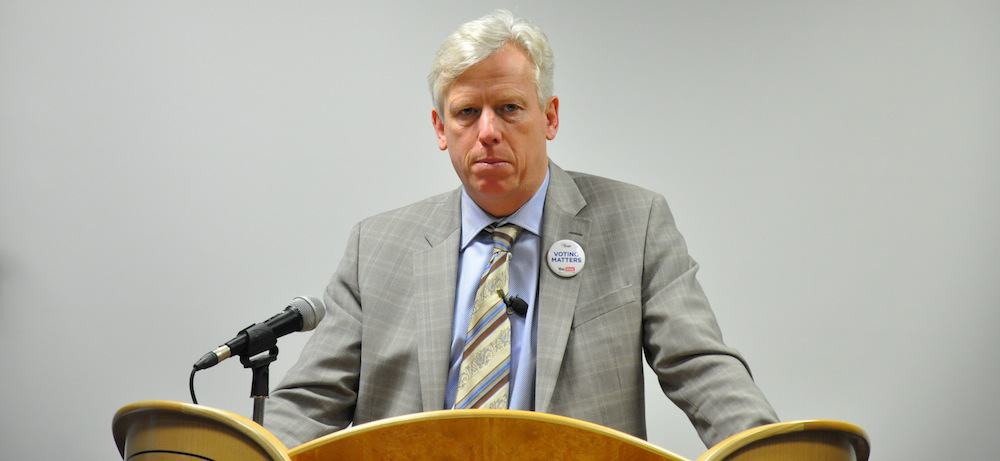U of T’s recent decision to defund the Cities Centre — an institute that deals with community outreach and social inequality in urban settings — continues to attract criticism from several prominent individuals, including former Toronto mayor David Miller.
One critic, Dr. Mariana Valverde, a professor of criminology and sociolegal studies, suggested that the move may have been motivated by financial considerations, citing the fact that the centre’s dependence on grants from the Social Sciences and Humanities Research Council (SSHRC) made it impossible for it to generate a profit. She stated that many who were close to the centre and its work weren’t surprised by the move: “For a long time, people knew this was coming.”
Valverde also claims that, in addition to U of T faculty and students, municipal authorities have a stake in the centre because of the work it did. In this regard, those opposing the closure have found an ally in former Toronto mayor David Miller.
Miller commented that the centre’s closing is “a significant loss to the University. The Cities Centre has done important work on economic, environmental, and social justice issues, and, in recent years has been an important connector with the City of Toronto.”
Miller, a U of T alumnus and current President and CEO of World Wildlife Fund-Canada, went on to praise the centre as a force for progressive good in the city, saying its de-funding would be a greater loss to Toronto than to the university.
When asked to comment on the former mayor’s statement, U of T president Meric Gertler, an urban geographer, did not specifically address Miller’s comments. Rather, Gertler stressed that the centre’s closure was an administrative move, and emphasized the university’s commitment to urban studies.
Gertler claimed that the “plan to incorporate the activities of the Cities Centre into the recently established Global Cities Institute is part of a broader University-wide initiative to rethink our approach to urban research, teaching and outreach.” He also pointed to the resources U of T devotes to urban studies, highlighting the recent decision to create 21 new positions across the university’s three campuses in what he called “urban teaching.”
Addressing concerns that the centre’s closure will reduce U of T’s role in conversations on urban studies, Gertler stated that he believes the changes will “enhance, not undermine, the University of Toronto’s participation in current scholarship and public debates concerning the full spectrum of urban issues.”
As for the president’s personal involvement in the closure, Gertler said that while decisions pertaining to the reorganization of academic units are ultimately the responsibility of deans, he was “kept informed of the plans pertaining to the Cities Centre as they evolved, and has been satisfied that they are consistent with the institution’s broader goals in urban scholarship and outreach.” He did not offer comment on whether the centre’s lack of profitability played a role in its closure.


